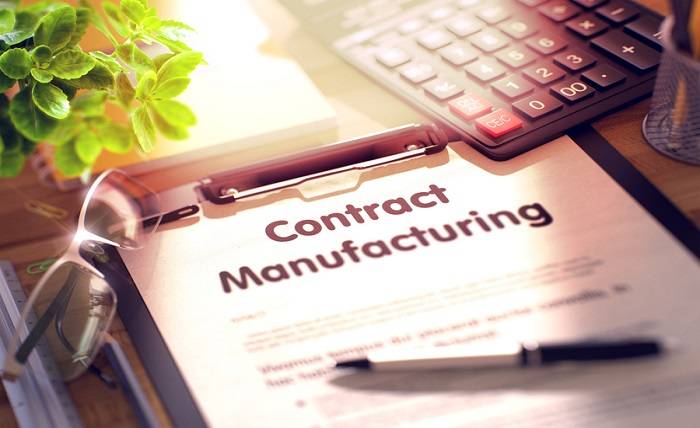Contract Manufacturing 101

Probably your team has come with a great new product, which your customers will love. But the way your company manifests this concept from digital models and sketches into physical products is a matter of question.
Your company requires the whole product built, or you only need a particular part of products manufactured. Whichever the case, you will need to think of contract manufacturing.
What is Contract Manufacturing?
This is when contracting manufacturers enter into an agreement with other companies to make certain products or components over a particular period.
Commonly known as a type of outsourcing, contract manufacturers can sign an agreement with a food packager to manufacture packaging components, parts, or the entire product on their behalf. The packager will then use those products in their packaging process.
If You Need More Information Visit This Link : vscialisv
For More Information Check This Link : suntonfx. com
How it Works
Contract manufacturing remains the best method for manufacturing high-quality products at a cost-friendly price.
Before signing contracts or SLAs (service level agreements), it is important to closely look at every step associated with manufacturing processing, from the beginning to the end.
Knowing how the entire process works will be simple to get a contract manufacturer you may depend on and ask all the questions about the entire process.
Being knowledgeable and prepared is as well a perfect way to control the products’ quality and make the entire manufacturing process run smoothly.
Why Consider Contract Manufacturing
As aforementioned, contract manufacturing and outsourcing are one of the same. As a company owner, it can be important to contract out a manufacturer, especially when you want to hire labor force/services, have access to better facilities, and have subassemblies built.
Types
It might sound like a niche in itself, but there are different kinds of contract manufacturing, all personalized to various industries.
These types range from die casting, which involves forcing liquid metals into a mold so as to make complex components, to complex assembly, which involves producing mechanical components for industries, such as fabrication plants or aerospace.
The kind of contracting to manufacture you opt for can be classified depending on the kind of products being produced and if they are whole component parts or goods. Apart from die casting and complex assembly, other types include:
- Forging metal
- Machine control
- CNC machining
- Formation of sheet metal
Choosing a Contract Manufacturer
Although outsourcing may reduce labor costs and capital, the real challenge lies in the process of choosing and evaluating the right contract manufacturer as your partner.
How you may reduce potential consequences, including loss of market review or share and damage to your company, depends on the specific products you manufacture and the kind of contract manufacturer you work with.
Choosing the right contract manufacturer is determined by certain key drivers, including technology, equipment lifecycle, and operator exposure limit. Those drivers must be aligned with the goals of your business so that you may take your products to the market in a cost-effective, compliant, and safe manner.
Concluding Remarks!
After completing the manufacturing process, stylishster you have to ensure every shipment of goods gets through the loops of the government controls, like export/import warehousing, duties, and tax.
All these are daunting, making it difficult for you to concentrate on other manufacturing processes. In order to continue with the process and still meet the needs of your clients, working with a contract manufacturer will come in handy.